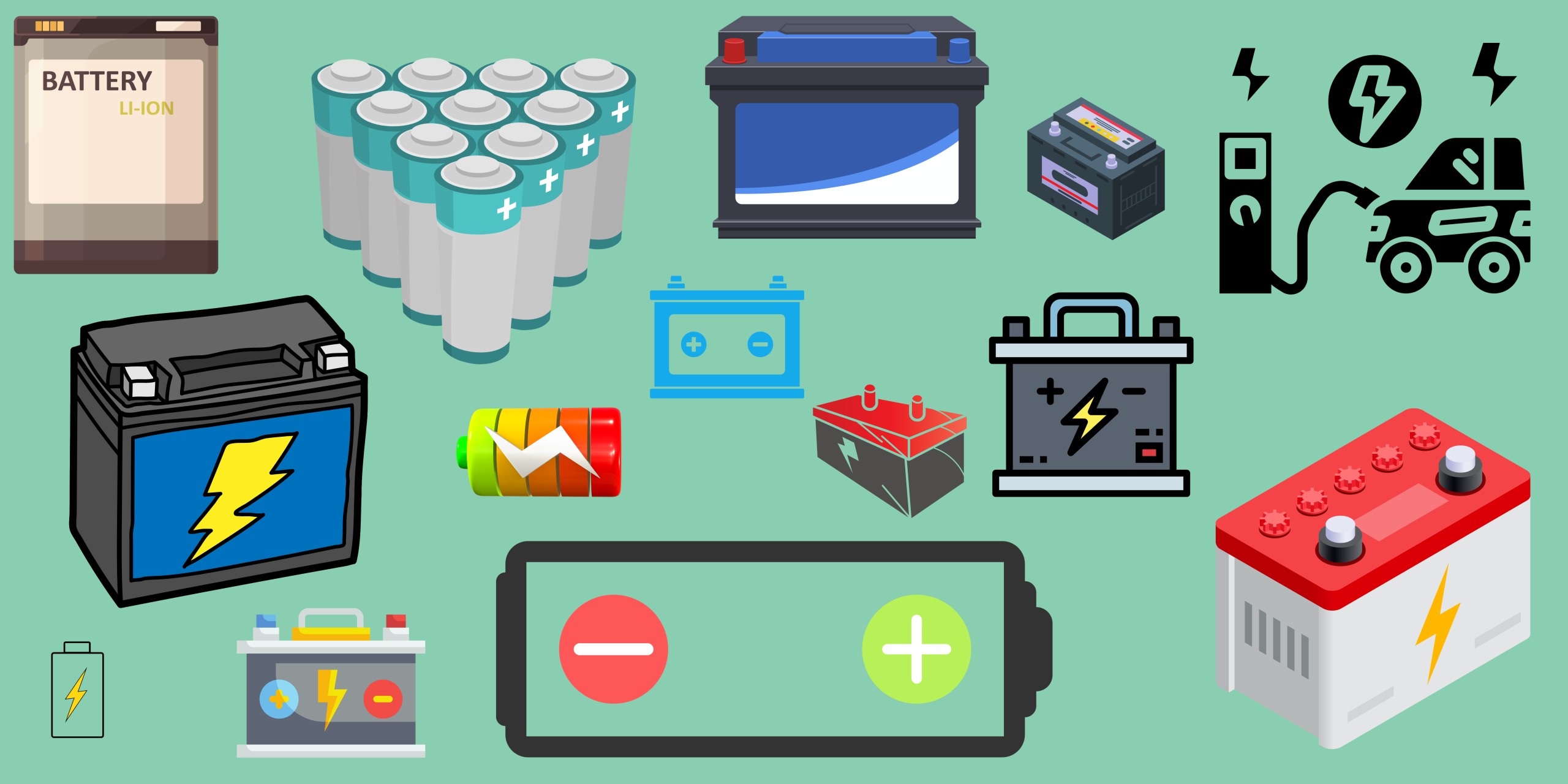
Difference between AGM, Lithium Ion and flooded batteries

What is an AGM battery?
Pros:
Known as the Maintenance Free batteries, AGM batteries require little to no maintenance to perform optimally
Great option if storing in a hard to reach area where maintenance is difficult to perform
Cons:
Very sensitive to charging. The performance of these batteries and their lifespan can be affected whether over or under charged.
Best use with solar: AGM batteries are best paired off-grid systems with weather extremities. AGM batteries are more efficient in Manitoba winters.
What is a Lithium Ion battery?
The recommended battery chemistry for solar is Lithium Iron Phosphate, shorted to LiFePO4 or LFP batteries. This new technology lasts longer and can be put through deeper cycles. They also require no maintenance or venting, unlike lead-acid batteries.
Pros:
Higher depth of discharge: The DoD of a battery is the amount of the stored energy in the battery that has been used, as compared to the total capacity of the battery. Most batteries come with a recommended DoD in order to maintain the health of the battery.
Lithium-ion solar batteries are deep cycle batteries, so they have DoDs of around 95%. Many lead acid batteries only have a DoD of 50%. This means you can use more of the energy that’s stored in a lithium-ion battery without having to charge it as often.
Less maintenance: A priceless feature, no regular maintenance needed here
Lifespan: While it’s no secret that all batteries degrade over time, Lithium-Ion consistently has outlasted their competitors time and time again. Factors like a larger depth of discharge make lithium-ion batteries more resilient and help these batteries go up to six times the life cycles of AGM alternatives.
Capacity: Lithium batteries contain a higher energy density which means it can store more energy per mass than AGM. Essentially systems can be smaller, and lighter but still carry the same output.
Cons:
Cost: A heftier upfront cost for long term savings.
Lithium ion batteries are very sensitive to charging below the recommended temperature.
Best use with solar: Residential battery backup system in Manitoba. Lithium batteries are generally smaller, more compact and have a higher Depth of discharge (which means you can use more stored energy). In a controlled environment, where its operational temperature parameters can be respected, Lithium Ion batteries thrive.

What are Flooded batteries?
Pros:
Most cost effective when its compared with its competitors
While flooded batteries do require maintenance, if taken care of properly this battery type will last longer than many of their counterparts.
Cons:
Unfortunately due to the fact it contains free liquid, it requires regular maintenance and inspections
Needs to be handled with extreme care
Extreme climates can have a greater effect on the battery life due to the electrolyte solution inside the battery having the ability to evaporate or freeze.
Best use with solar: Best paired with off grid solar projects in Manitoba. These batteries cannot handle freezing temperatures, let alone to Manitoba winter deep freeze. Therefore, they are best paired with off grid 4 season homes where the batteries are not exposed to freezing temperatures and planned maintenance is able to be carried out.
